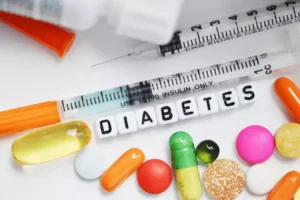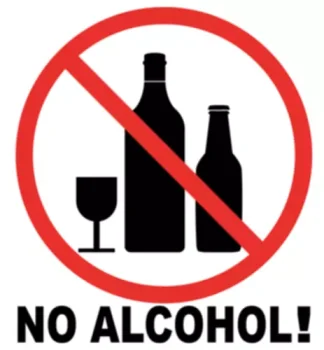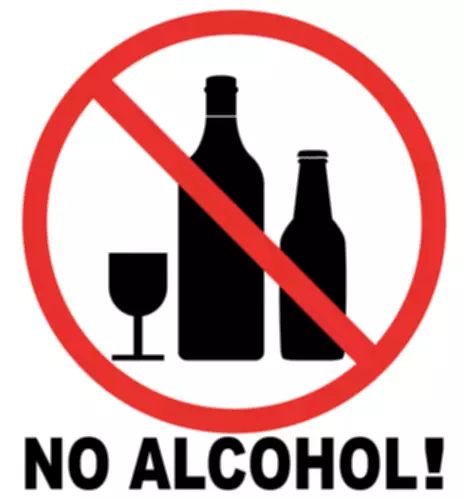Siddaramaiah and Shivakumar Showcase Commitment to Bengaluru’s Infrastructure with Cauvery 5th Stage Project

Once detox is complete, people can begin work on the psychological, social and behavioral problems that accompany an alcohol addiction. Sometimes people in this stage do show up for addiction treatment, but it’s not by their own volition. Typically, it’s because family, friends, an employer or perhaps a court has forced them into treatment. Unfortunately, treatment is often ineffective at this stage because individuals simply don’t believe they have a drinking problem.
Alcohol use disorder

You’ll want to find a rehab center that has medically-supervised detox capabilities so that you can comfortably and safely detox from alcohol. There are inpatient and outpatient options, but an addiction specialist should determine the best level of care for you based on your individual needs. Effective addiction treatment providers will have addiction counselors, but they should also have mental health services as many people with alcoholism have co-occurring mental health conditions. Alcoholism is a progressive, five-stage disease that can be treated through professional medical attention. Treatment and recovery are possible during any of the stages of alcoholism.

How Drug Addiction Affects Family Members
If you experience PAWS, your doctor may prescribe gabapentin to help you manage your symptoms. “I’m very irritated at times. I feel really good about my choice to quit drinking. https://ecosoberhouse.com/ I have headaches often and I have weird and bad dreams. Every night I dream that I’m having a drink again.” “I am in my first hours of sobriety. I just took the quiz for withdrawal symptoms and scored 60% moderate to severe. Funny, because my average hangover is usually worse than this.” People can experience a wide range of symptoms—ranging from mild to moderate to severe—that start and stop at different times for each person.
Support Your Recovery
Relapse is a common feature of substance use disorders, and it is more the rule than the exception. In fact, 40 to 60 percent of people recovering from substance five stages of drinking addiction relapse at some point according to the National Institute on Drug Abuse — but this doesn’t mean their treatment has failed. Contemplation can be an uncomfortable process, and feelings of guilt, shame, hopelessness and desperation are common as people reach this crossroads in their addiction journey. By the time people reach the contemplation stage, they’ve begun to recognize they have a drinking problem and may want to get help, but they’re often on the fence about it. Engaging in subtle and sympathetic conversations and getting alcoholics to explore the pros and cons of their own behavior, for example, can help to lay the groundwork for the second stage of recovery. American Addiction Centers (AAC) has facilities throughout the United States, and can provide a personalized treatment plan to meet your needs.
- However, the nature and intensity of these effects can vary depending on how much and how frequently you drink.
- Alcohol dependence is defined as the point at which a person has no control over their alcohol intake.
- More severe and regular physical symptoms become apparent, such as sweating, nausea, vomiting, tremors and sleep disturbance, and the individual may exhibit intense mood swings.
- For example, your anxiety and depression may increase, along with issues with your friends and family.
Clinical evidence suggests that the most common causes of relapse during this stage are neglecting self-care or not attending self-help groups. PancreatitisAlcohol causes the pancreas to produce toxic substances that can eventually lead to pancreatitis, a dangerous inflammation and swelling of the blood vessels in the pancreas that prevents proper digestion. Severe abdominal pain and persistent diarrhea, as a result, is not fixable.
- The thought of quitting it might even feel as if you are giving up a good friend.
- This stage typically starts 3–5 years after you’ve stopped drinking.
- Isolation happens when someone becomes uncomfortable drinking in front of concerned family and friends.
- The journey from casual drinker to end-stage alcoholism is one that’s complex and unique to each person.
Readers Share Firsthand Experiences with Alcohol Withdrawal

During the alcohol dependent stage of alcoholism, your mind and body become firmly attached to alcohol. The thought of quitting it might even feel as if you are giving up a good friend. You may feel sad about it or may wonder if you will ever be able to let it go for good. In fact, you may be experiencing a lot of thoughts and feelings during this stage.


